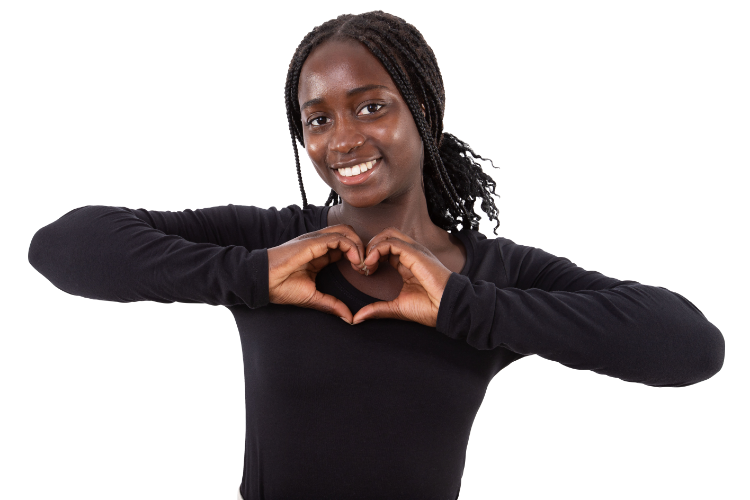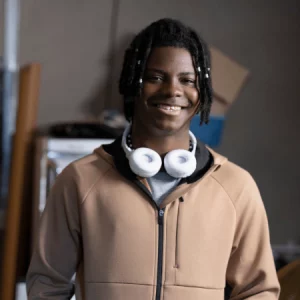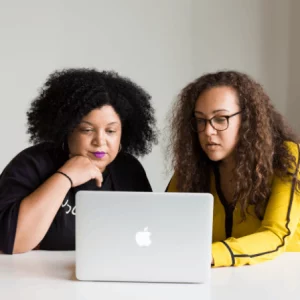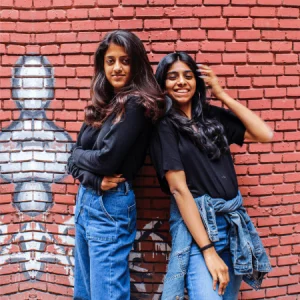

Physical Health & Emotional Wellbeing
Why is this a key area for the Centre?
We know that physical health and emotional wellbeing are intrinsically linked, and in particular, for children and young people, good physical health contributes to positive emotional wellbeing. Positive emotional wellbeing enables the children and young people to fulfil their full potential with the support of the communities they belong to.


Barriers
Evidence and insight indicates some ethnic groups experience barriers in improving their physical and emotional wellbeing. These barriers include social and economic inequalities, discrimination and racism, and the stigma around mental health. Evidence shows that the impact of this often leads to poor physical health, as well as individuals experiencing mental health problems. For example, statistics show that rates of mental illness for people from African, Asian and Caribbean backgrounds are sometimes greater than for white people.
- Black women are more likely to experience a common mental illness such as anxiety disorder or depression
- Older South Asian women are an at-risk group for suicide
- Black men are more likely to experience psychosis
- Black people are 4 times more likely to be detained under the Mental Health Act.
- More white people receive treatment for mental health issues than people from African, Asian and Caribbean backgrounds and they have better outcomes.
Some groups however, have better mental health. For example:
- People of Indian, Pakistani and African-Caribbean origin showed higher levels of mental well-being than other ethnic groups.
- Suicidal thoughts and self-harm were less common in Asian people than in White people.
- Mental ill-health is lower among Chinese people than among White people.
Due to barriers including those linked to culture, language, stereotyping, prejudice and a lack of understanding of the intersections these play in a person of African, Asian and Caribbean heritage persons life, including experiences of racism and discrimination, professionals may not succeed in providing service users with the most adequate services.
To learn more about our work, sign up to our monthly newsletter
Our newsletter will give you insight into our ongoing projects, learning, upcoming events, training and more!
Some of Our Projects
Our Impact
Let’s work together
At SEEN, we pride ourselves on the work we do, and are striving to achieve our aims of creating a society where children and young people of African, Asian and Caribbean heritage have equitable futures – working with our partners to deliver these solutions. If you are interested in working with us on this, please get in touch below.







